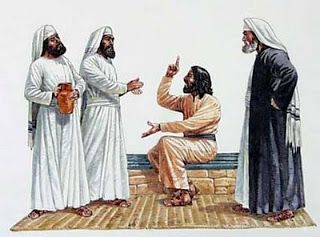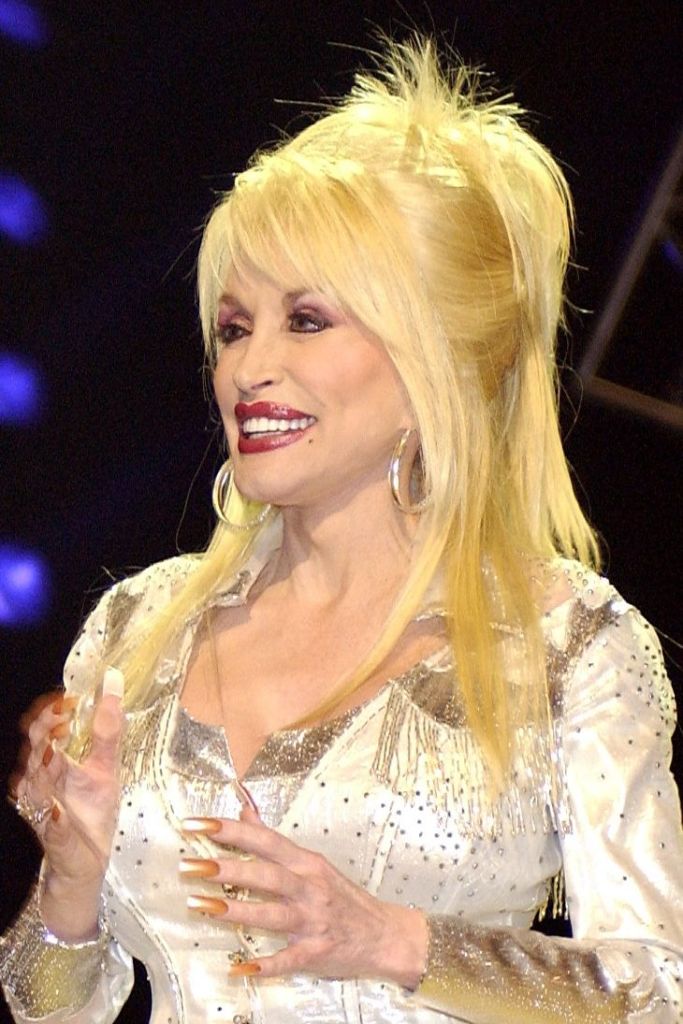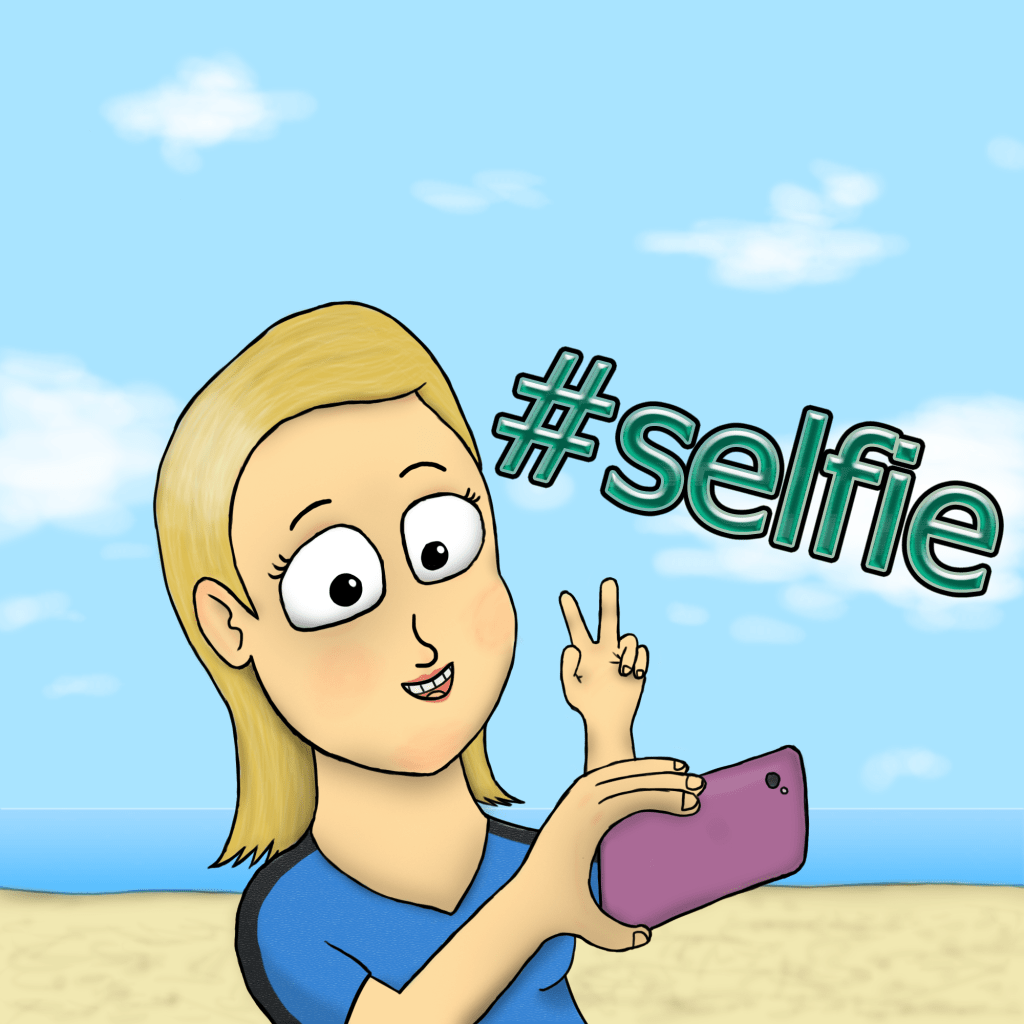I save most of the little quotes that Pastor Freed uses in his blog, Jack’s Winning Words. I always think that someday I’ll write something about those quotes. That doesn’t always happen and I occasionally clean out the old, dusty quotes that I never used. Sometimes two quotes that I saved at different times will just sort of go together and reinforce a thought that I might have. Such is the case today. The top quote Pastor Freed used today, but the bottom one has been on the shelf gathering dust for a while. Today, they just seemed to fit together.
“Actually, I do have doubts, all of the time. Every thinking person does.” (Edgar Allan Poe – The Raven)
“Seeing is believing, but sometimes the most real things in the world are the things we can’t see.” (The conductor on the Polar Express)
The doubts that Poe and Pastor Freed were talking about concerned faith. Some doubts are healthy because they force us to think about and examine our faith. They also reinforce in us the fact that although we cannot “see” the things that our faith is based upon they ae nonetheless very real.
Poe was right that every thinking person will have some doubts about some aspects of their religious beliefs or questions what certain things have become dogma within that religion. Some practitioners of religion hold the belief that every word on the Bible is the truth, handed down by God. Others take the position that it is an collection of writing that were inspired by God, but told and sometimes embellished a bit by men over the centuries. Our current pastor used the story of Jonah and the Whale as an example recently of a Bible story that may not be literally true, but shich provides a good lesson. Jesus used a lot of stories or parables to get his point across, not all of which were meant to be taken literally.
So, it is quite natural to have doubts about certain aspects of one’s religion and maybe even about one’s faith. In times of crisis or great loss, we often hear people asking God how He could let those things happen to them. They often ask, “Where was God when this was happening to me?” The faithful quickly realize the answer. God was right there with you. He was patiently waiting for your faith to kick in and for you to ask for his help and guidance. He was waiting to bring the calm to your soul of your beliefs which, while unseen, is very real.
We don’t actually see faith, we see faith in action. We cannot reach out and touch our beliefs, yet our beliefs touch everything that we do. We cannot see God, but others can see God in our lives. It is no wonder that we have doubts about things that we do not understand; but it is faith that let’s us transcend the human need to understand and be happy just believing. Faith removes the doubts and fears of living because faith removes the fear of dying.
Remember Hebrews !!:1 – “Now faith is the assurance of things hoped for, the conviction of things not seen.”
Put away your doubts, have conviction and say to yourself, “I can’t see it, but I believe it.”
Have a great day in faith.





 Posted by Norm Werner
Posted by Norm Werner 





















